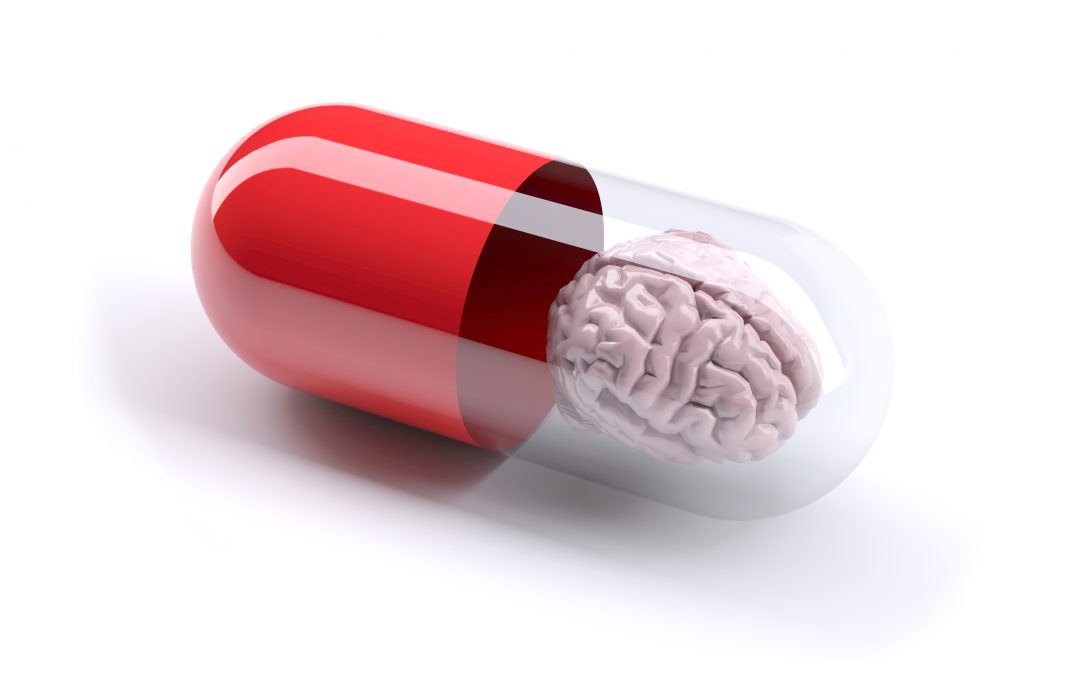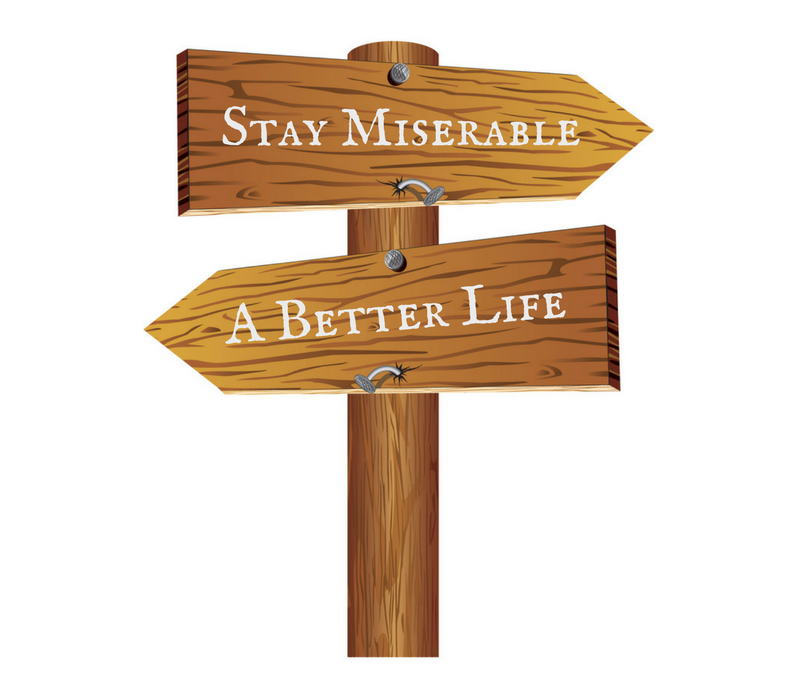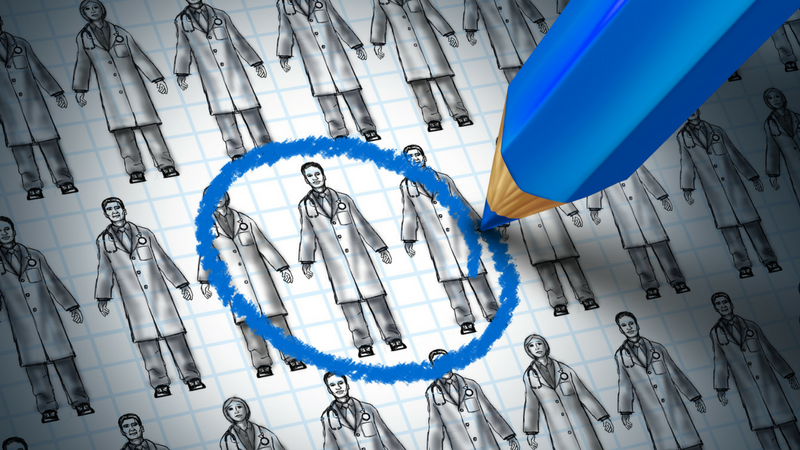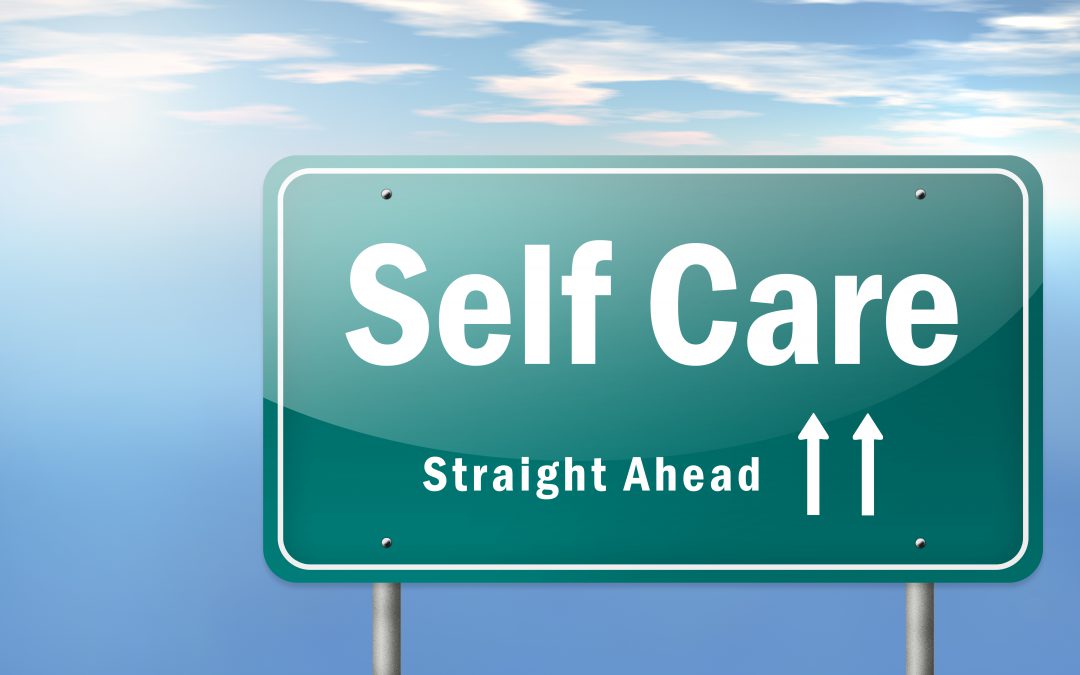
Deciding to Get a Prescription
There’s a lot of fear and worry wrapped up in the idea of getting a prescription for our psychiatric health. There’s doesn’t have to be.

There’s a lot of fear and worry wrapped up in the idea of getting a prescription for our psychiatric health. There’s doesn’t have to be.

It’s exciting to witness that moment when someone realizes that their diagnosis means that a better life is possible for them.

When we decide we want help by getting a mental illness diagnosis, it can be confusing to figure out where to start. Here are some simple steps to follow.

Even when we know the importance of putting together a good self-care plan, it can feel overwhelming to do. Four pillars? Each pillar has multiple pieces? The heart races and the breathing gets shorter. Let’s slow it down and tackle this process – together.

There are several ways you can go about getting a prescription, and each have slightly different processes: going to your regular doctor, working through your therapist/psychologist, and seeing a psychiatrist. Whichever route you take, a chat with a pharmacist is a good idea, as well.

God uses medications to bring about supernatural recoveries. The proof? Hezekiah and the fig poultice.

Prescriptions. Scrips. Meds. Pills. Whatever you call them, medicine plays a real role in helping us get to a place of emotional stability. While they aren’t a magic bullet erasing all the symptoms of our mental illness, we should never underestimate the benefits we can derive from taking a medication.

“Before we can determine what else is going on, we need to address your depression.” The blood drained out of my face. Depression? Of all the outcomes I expected from this appointment, a diagnosis of “depression” wasn’t even on the list. It’s just not how I thought of myself. Maybe at other times of my life, but not now.”

We often overlook how our nutrition impacts our mental health. Ruth Henderson shares how she used an elimination diet and made the decision to cut sugar.

Depression treatment involves a multi-pronged approach with common categories including antidepressant medications, therapy, education, and self-care.

Understanding the causes of depression and which factors exist in our lives puts us in a position to manage what we have going on.